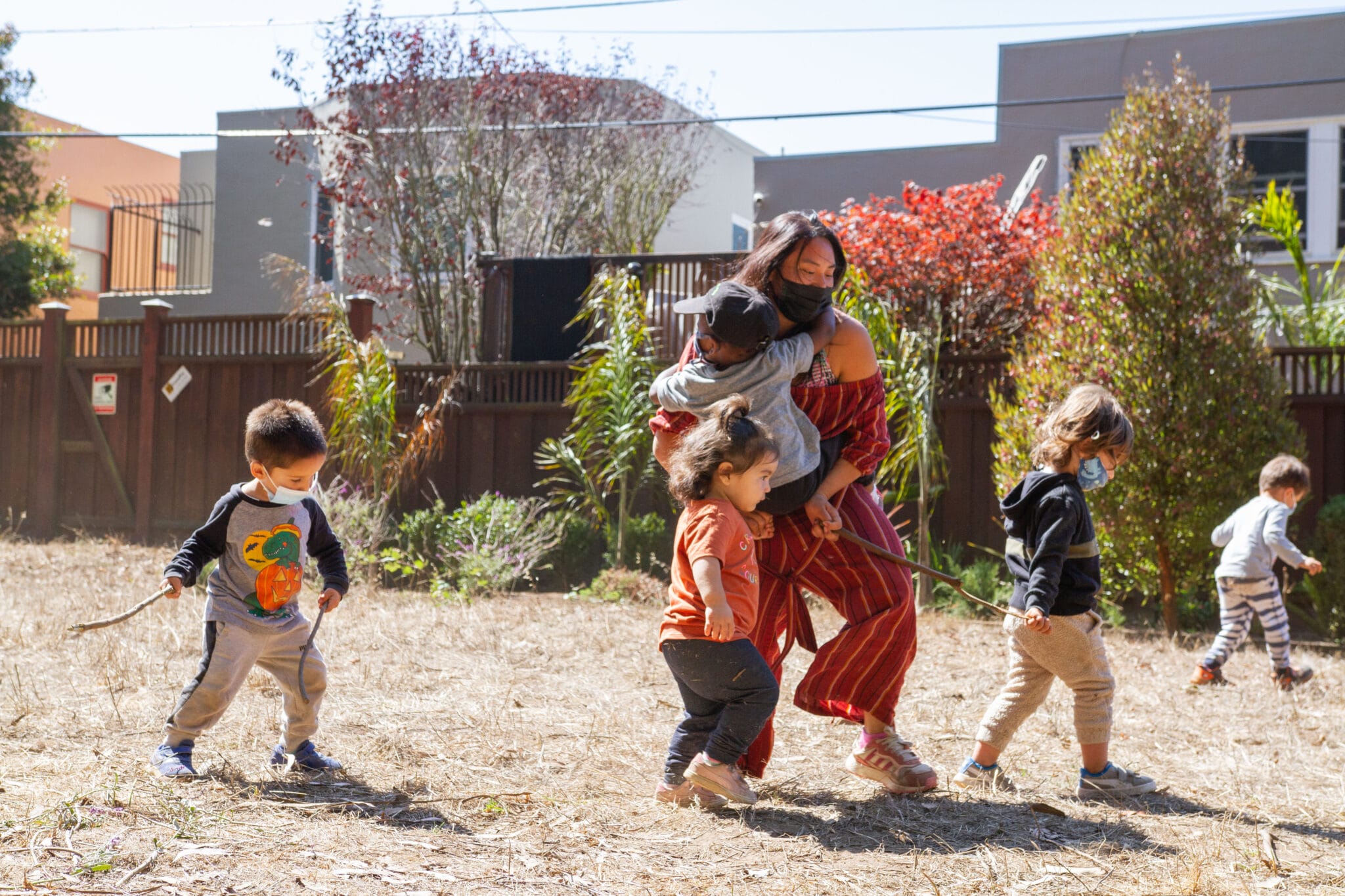Our look at California early educator well-being points to the need for decision makers to enact policies that improve educators’ working conditions and compensation. Supporting early educators’ emotional and physical well-being is important for their personal health and enables them to engage fully in their practice.
This is the first of three reports, drawn from our statewide survey of nearly 1,800 early educators.
Our findings show that:
- Job demands take a toll on early educators’ emotional well-being: two thirds report high levels of stress. In addition, one third experience significant depressive symptoms.
- At least half of educators get less than the recommended minimum of seven hours of sleep per night.
- Educators’ physical health also suffers. Early childhood teaching jobs are physically demanding, often involving lifting and carrying children. Nearly two thirds of educators report at least one chronic condition such as pain or cardiovascular problems. At least one quarter experience three chronic conditions.
The California Early Care and Education Workforce Study is a longitudinal study that captures comprehensive statewide and regional information on the center- and home-based ECE workforce. It provides important data on this workforce over time.
Suggested Citation
Muruvi, W., Powell, A., Kim, Y., Copeman Petig, A., & Austin, L.J.E. (2023). The Emotional and Physical Well- Being of Early Educators in California: Early Educator Well-Being Series. Center for the Study of Child Care Employment, University of California, Berkeley. https://cscce.berkeley.edu/publications/report/CA-emotional-physical-wellbeing-2023



